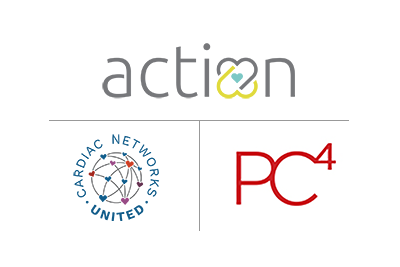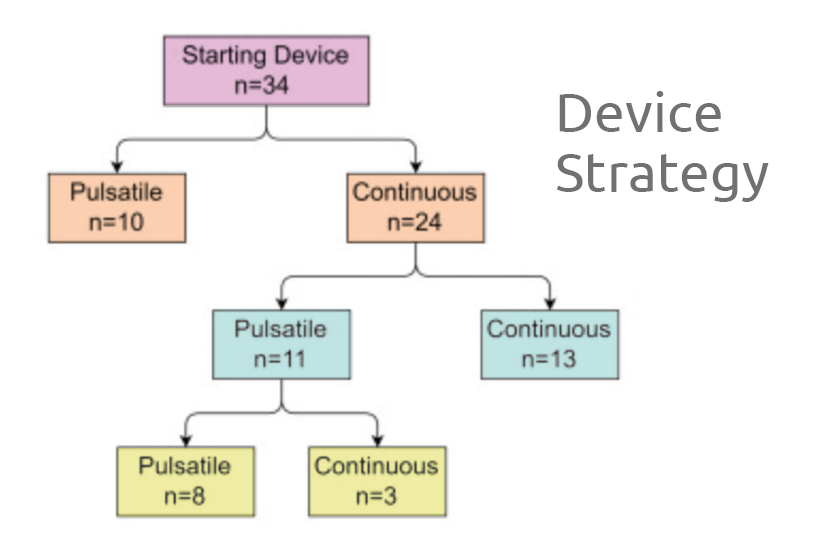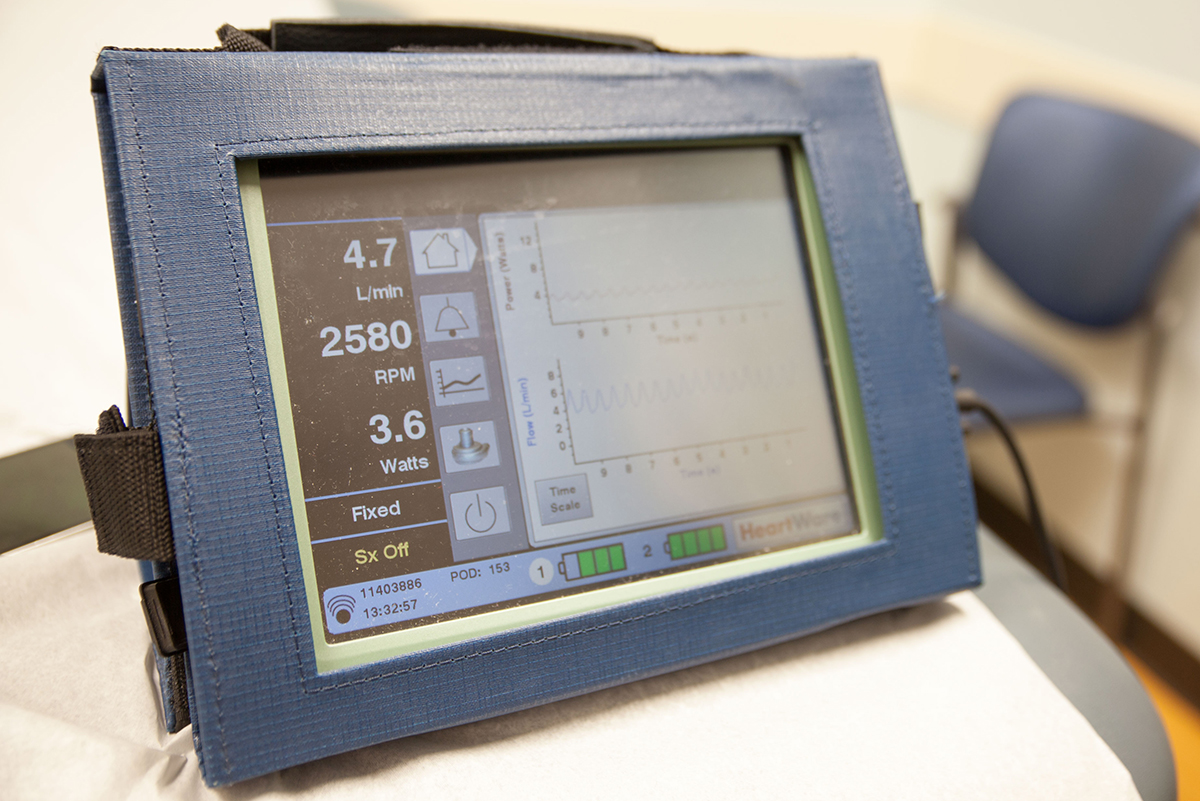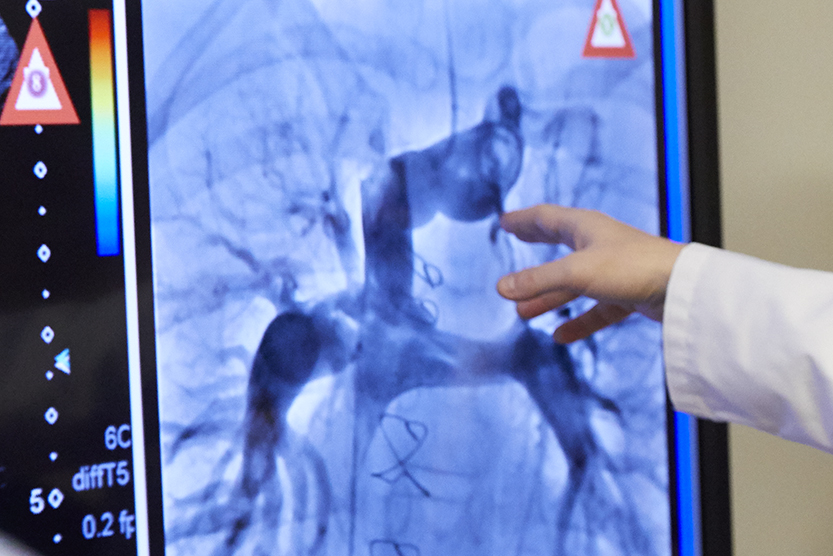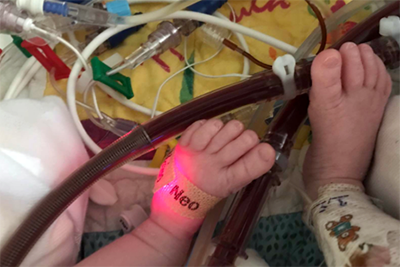Mechanical Ventilation and Outcomes of Children Who Undergo Ventricular Assist Device Placement: 2014–2020 Linked Analysis From the Advanced Cardiac Therapies Improving Outcomes Network and Pediatric Cardiac Critical Care Consortium Registries
Placement of a ventricular assist device (VAD) improves outcomes in children with advanced heart failure, but adverse events remain important consequences. Preoperative mechanical ventilation (MV) increases mortality, but it is unknown what impact prolonged postoperative MV has.

